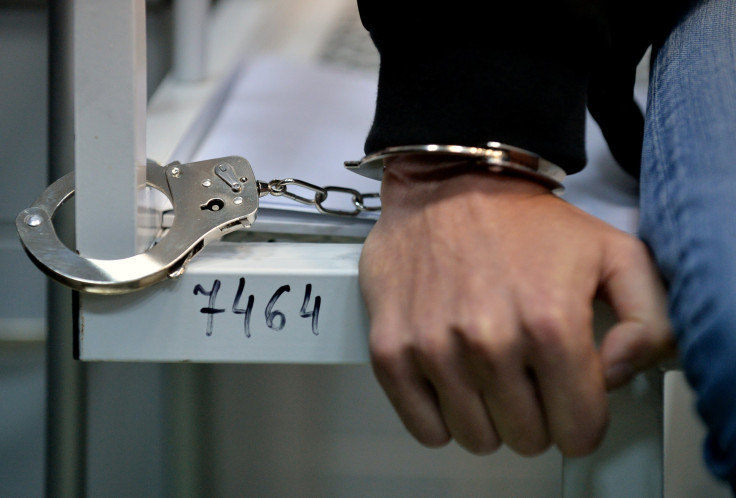Victoria To Increase Criminal Responsibility Age From 10 To 12

With new legislation brought to parliament intended to keep younger children out of the court system and give the police greater powers to safeguard their safety, Victoria is likely to become the first Australian state to raise the age of criminal responsibility from 10 to 12.
The juvenile justice law, which aims to change how young offenders are treated, will be submitted to the state parliament on Tuesday, according to Premier Jacinta Allan and juvenile Justice Minister Enver Erdogan, The Guardian reported.
Allan told reporters, "Ten and eleven-year-olds belong in schools, not in the criminal justice system."
The proposed law states that Victorian police will be able to transfer children who are 10 or 11 years old to a safe place and make sure they are in the care of an adult who can take care of them, but they will not be allowed to arrest or charge these youngsters with crimes.
"Doli incapax" will be codified by the government, meaning that minors under the age of 14 cannot be held criminally liable unless they are aware that their conduct is gravely wrong. To protect children aged 10 and 11 who pose a risk to themselves or others, the police will be granted additional authority. The police may take the youngster to a precinct if no responsible adult is present to keep them safe until appropriate care is obtained.
The age at which someone can be charged with inducing a juvenile to commit a crime is lowered by the legislation from 21 to 18. Using tools like electronic monitoring, it focuses on "100-200" repeat offenders as well as a "small group" of children aged 10 to 11. It restricts 18–21-year-olds' eligibility for youth justice facilities and makes it easier for inmates 16 and older to be transferred to adult prisons. Should Victoria pass, it would first raise the age of criminal liability.
With the option to increase it to 14 by 2027, Victoria decided in 2023 to raise the criminal responsibility age from 10 to 12 by late 2024.
Evidence that suggests young children could not be aware that their acts are bad led to this conclusion. Experts advocate a minimum age of 14, but other people think the modifications are inadequate. Support programs for juvenile offenders and possible exclusions for significant offenses are two of the improvements.
The Human Rights Law Center's managing attorney, Monique Hurley, contended that the government ought to have taken more action:
"Jungles are not the place for children. The very minimum change that the premier has to implement is raising the age of criminal responsibility from 10 to at least 14 years old. There must be no exceptions to this change, and no further police powers granted to any youngster.
Ellen Sandell, the leader of the State Greens, asserted that the government had raised the age to 14 by "caving in to right-wing pressure" and "choosing to ignore all the advice of experts and First Nations communities."
© Copyright 2026 IBTimes AU. All rights reserved.





















